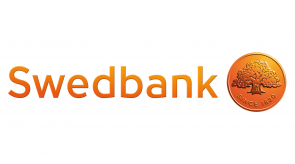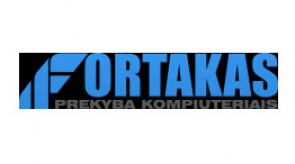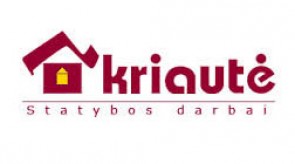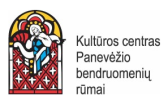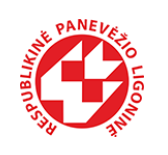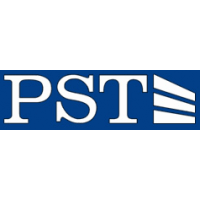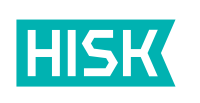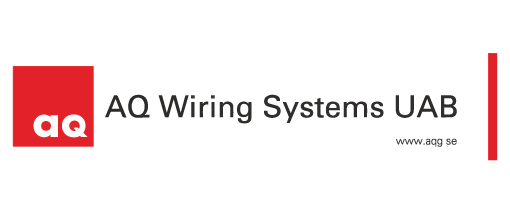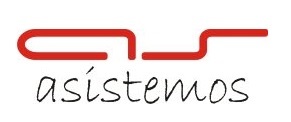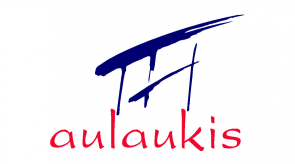Development and Maintenance of Information Systems
 Study mode and duration time: full-time (3 years)
Study mode and duration time: full-time (3 years)
Study programme is carried out: Panevėžio kolegija/State Higher Education Institution, Faculty of Technology Sciences
Degree and professional qualification: Professional Bachelor of Informatics
Volume of the study programme in credits: 180 ECTS credit
Objective(s) of the study programme: to equip professionals of information systems being able to analyse the information needs of enterprises and organizations, to plan, design, program, implement, update and maintain information systems.
Please check Rules for Admission for foreigners
| General Subjects |
|---|
| Communication module (Foreign language, Professional communication) |
| Study Fields Subjects |
| Practical informatics |
| Applied Mathematics Module |
| Fundamentals of programming module (C# programming, OOP, Data structures and algorithms) |
| Information technology infrastructure module (Hardware, Operating systems, Computer Networks) |
| College Established and Optional Subjects |
| Graphical user interface for information systems (A1) |
| Multimedia and computer design (A1) |
| Practices |
| Web Systems Practice (in the Web Technologies and Systems module) |
| Study Fields Subjects |
|---|
| Distributed systems programming module (Java programming, Smart device programming) |
| Internet technologies and systems module (Internet technologies, The practice of Internet-based systems) |
| Database module (DB&IS, DB programming) |
| Economics and research module (Enterprenership, Applied research, Business ecomnomy) |
| Business management and geographic information systems module (Business management systems, Business processes modelling, GIS) |
| College Established and Optional Subjects |
| Data Warehousing and Business Data Analysis (A2) |
| Data analysis (A2) |
| Two optional subjects from the list of subjects approved by order of the director: OS1, OS2 |
| Practices |
| Professional practice |
| Study Fields Subjects |
|---|
| Information systems management and security module (IS engineering, IS project management, Cybersecurity) |
| Frameworks and services module (Cloud computing, SOA-based information systems, Framework-based information systems) |
| Informatics law |
| College Established and Optional Subjects |
| Audit and evaluation of information systems (A3) |
| Information Security Management and Risk Management (A3) |
| Internet of Things (A4) |
| Elements of artificial intelligence (A4) |
| Practices |
| The practice of Internet-based IS and applications development module |
| Final practice (within the Final module) |
| Final project |
Access to Professional activity
Students in the programme of the Development and Maintenance of Information Systems are trained the technologies of modern programming, databases, development of information systems. Graduates attain competences to apply best practices of information systems design, programming, IT service management, to develop and update information systems in team, to carry out maintenance of information systems.
Having completed studies, IT professionals are able to work in the field of development and maintenance of information systems. They are able to execute information systems planning, design, installation and maintenance of information systems in various companies and organizations.
The objective of the Study Programme is to develop a fully educated, independent, responsible, communicative, creative, and entrepreneurial personality who is able to compete in the rapidly changing market of technologies, products and services by developing, implementing, maintaining, improving, updating and managing secure information systems for various domains. to solve relevant professional problems.
Learning outcomes:
- To explain the main facts, concepts, theories and mathematical methods related to computer operation, computer hardware and software, its features and practical applications, computer communication and applied solutions related to important historical, current and potential computer science.
- To explain the principles of algorithm design and analysis, programming paradigms, languages and technologies, human-computer interaction principles, typical software life-cycles, software development and maintenance methods.
- To explain how the business, industrial, economic and social context affects professional practices defined by ethical standards and regulated by legal requirements, including data and intellectual property protection, contracts, product safety, liability and other related issues, to apply knowledge of information systems studies to secure applications development.
- To explain the main facts, concepts and theories related to information systems and their development and maintenance, analysis and modeling of business processes, operational risk and computer-based project management, information security.
- To explain the principles of data and information storage, management, retrieval, analysis, extraction, visualization and security, methods and technologies for the design, implementation and management of databases and repositories.
- To describe the problem of professional activity in the field of information systems studies.
- To prepare the data and information from various sources required to solve the problem, to analyze it according to specific criteria, to evaluate and substantiate decisions with reasoned conclusions.
- To analyze the organization’s business processes, identifying its requirements for information system, to create the requirements specification, system design and other documentation necessary for the implementation, test and maintenance of the information system.
- To select appropriate IS life-cycle models, development and maintenance methods and tools and to implement an information system according to organizational and technological environment, possible solution alternatives, requirements.
- To communicate professionally in Lithuanian and at least one foreign language with specialist audiences.
- To work in teams in accordance with the principles and rules of professional, ethical conduct and social responsibility.

